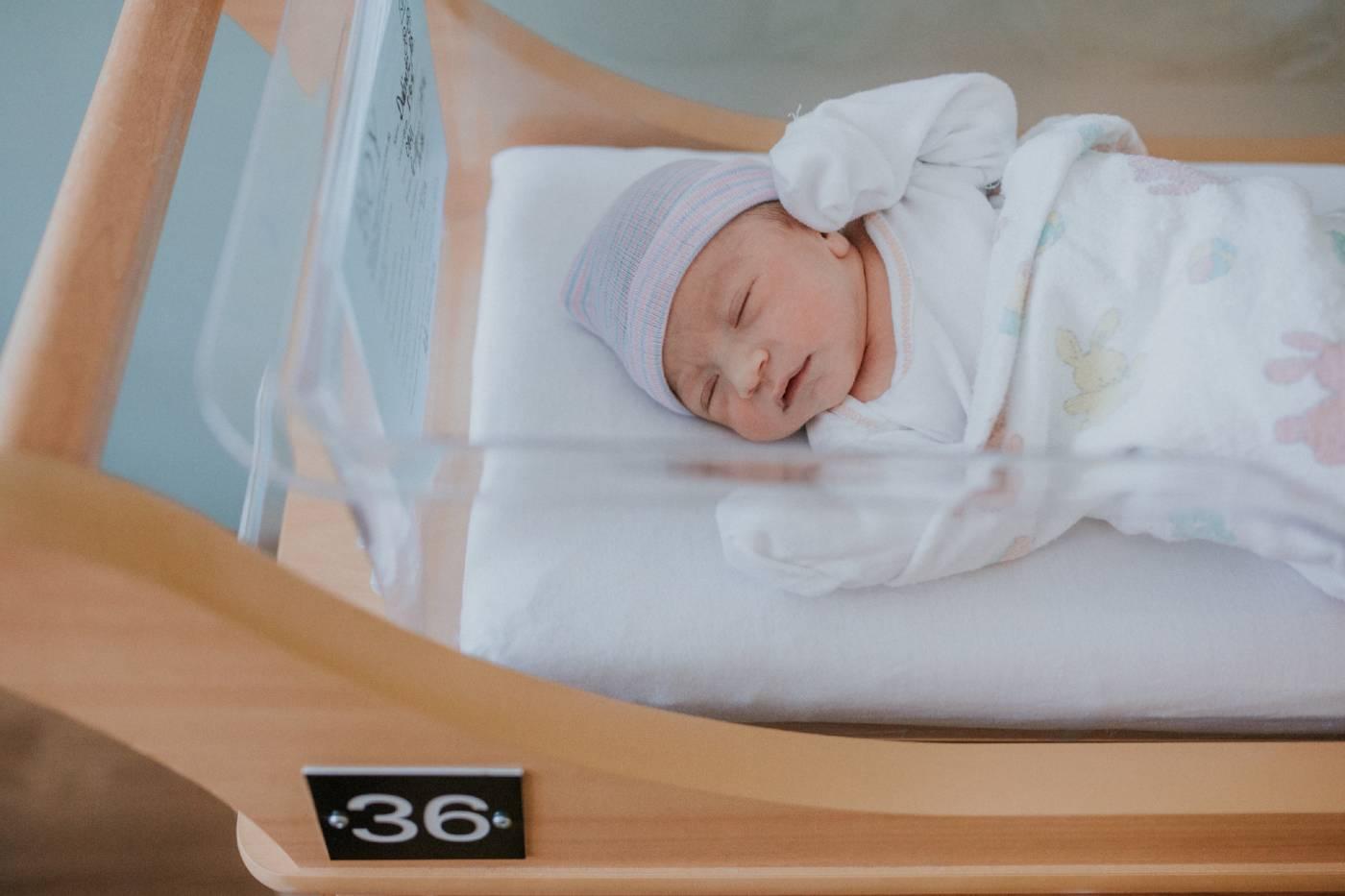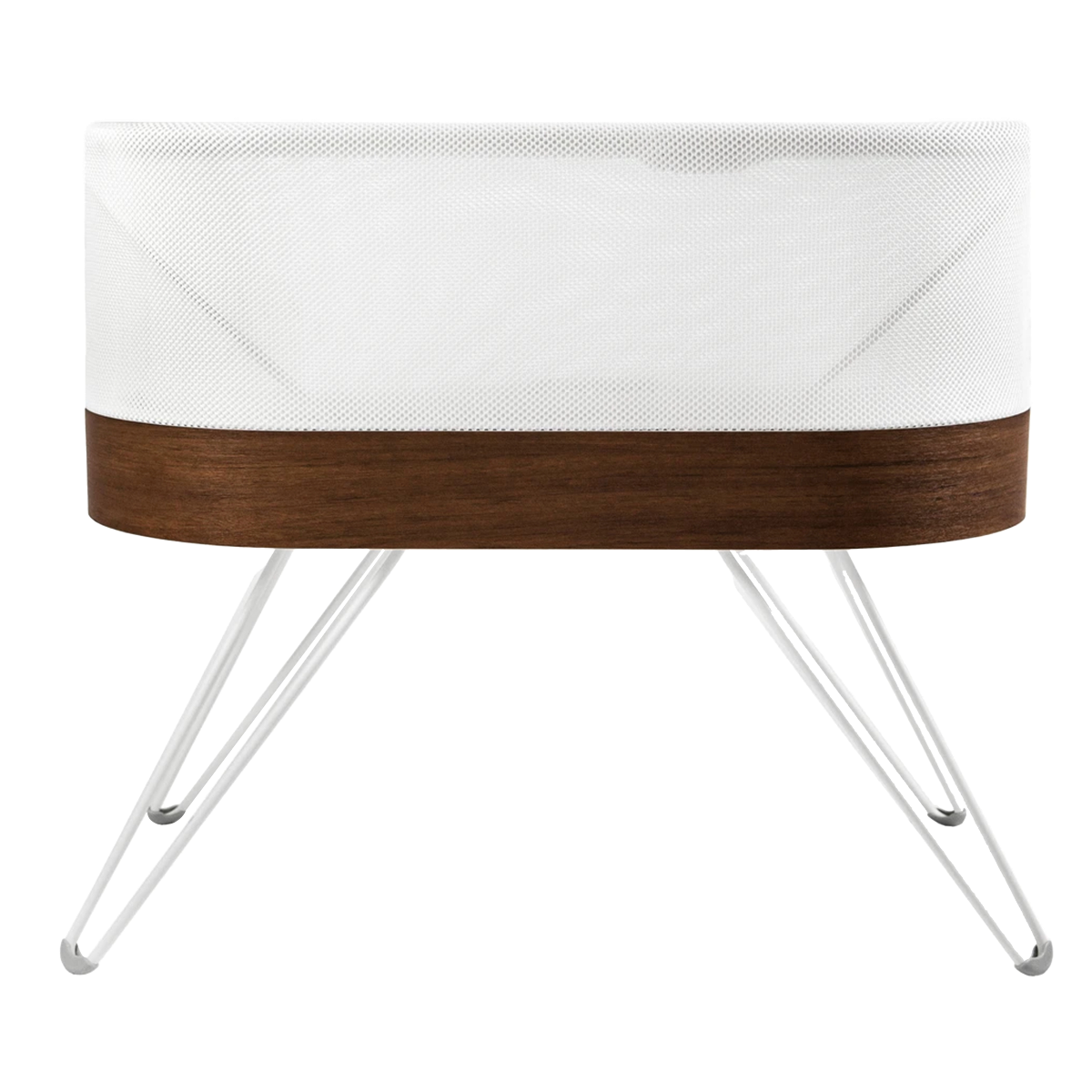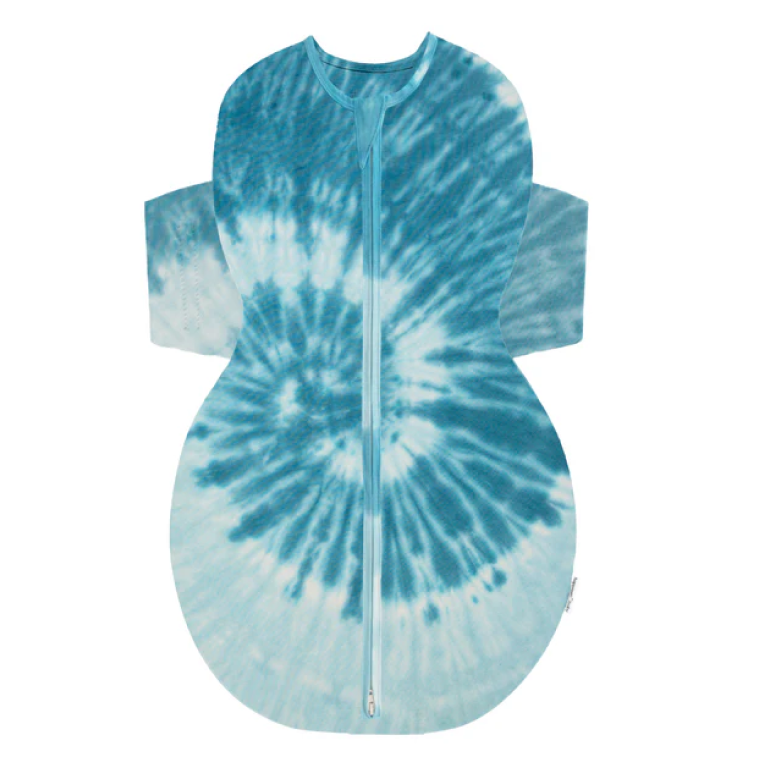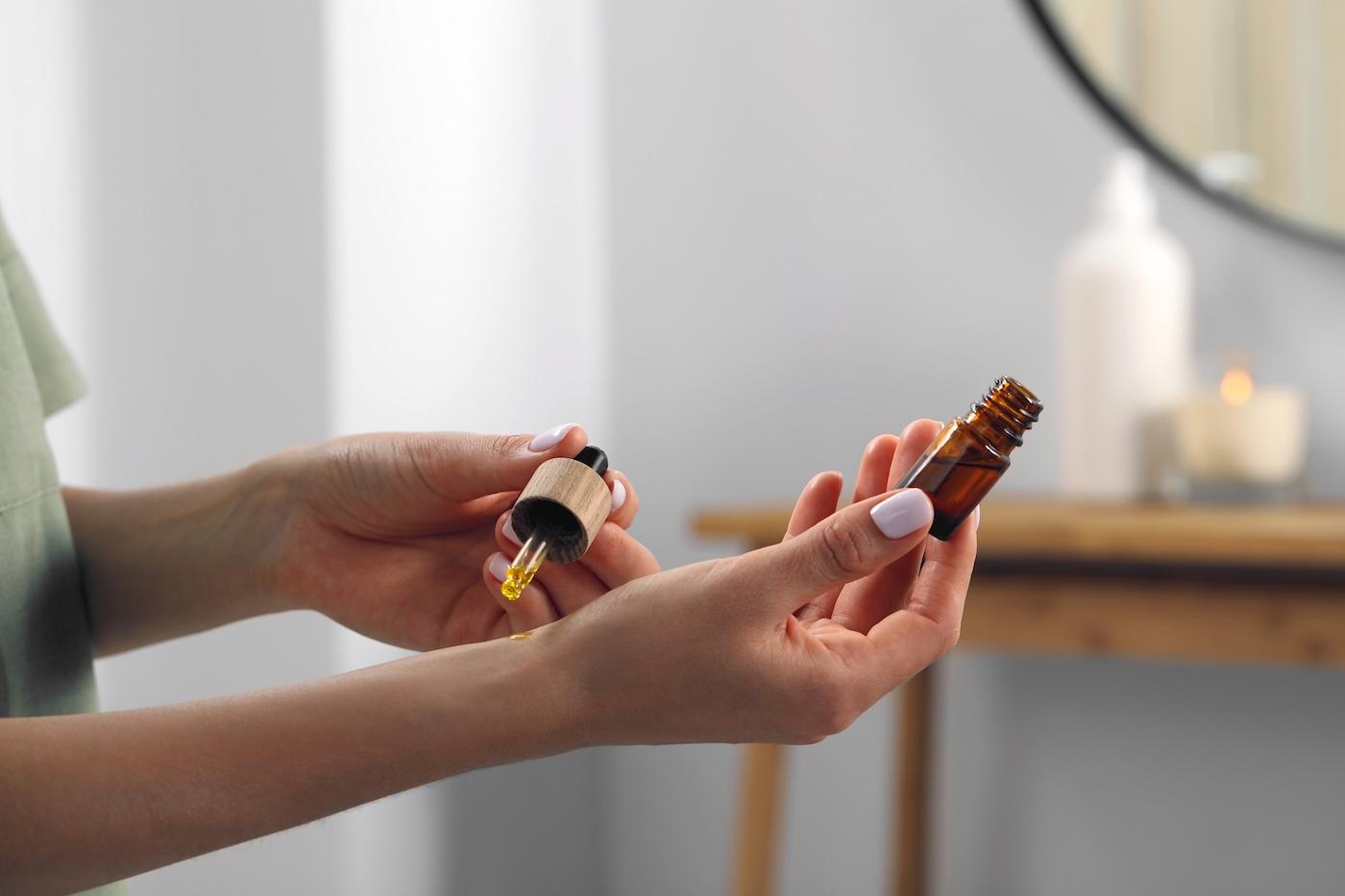PREGNANCY
Newborn Screenings: Every Little Thing You Want to Know
You’ve already had like a million health screeners during pregnancy, but the tests aren’t over quite yet!

Written by
Dr. Harvey Karp

You’ve already had like a million health screeners during pregnancy, but the tests aren’t over quite yet. Your new baby will also be lining up to get a few screenings. These help detect hearing loss; heart defects; and dozens of serious conditions, such as cystic fibrosis, hypothyroidism, and sickle cell disease. That’s really important since early detection can lead to successful treatment…and even saving lives.
That’s fantastic news, but honestly, just thinking about these chronic problems can be a bit stressful. Here, I’ll do my best to calm your concerns and answer some common questions about these newborn tests.
Do I need to ask for newborn screening?
Nope. All states require newborn screenings and they’re usually done within the first 24 to 48 hours of birth. You’ll probably be asked to sign consent for these when you check into the hospital. Planning a home birth? It’s a good idea to ask your licensed midwife about her newborn screening protocols.
What’s involved in newborn screening?
There are three different parts to a newborn screening: the blood test, the hearing test, and the heart screener. Here’s what happens for each:
Newborn Blood Screening
Your doctor, midwife, nurse, or another healthcare pro will prick your baby’s heel with a teeny needle, called a lancet. Next, they will squeeze out a few drops of blood onto a piece of white filter paper, then send it to the lab for analysis. You can help your baby cry less and recover faster with a little 5 S’s magic: swaddling and cuddling babies in an upright position has been proven to ease heel-stick ouches…and adding in some loud shushing or white noise from your phone can soothe your little nugget even faster.
Newborn Hearing Screening
Usually one of two types of hearing tests is used: the Automated Auditory Brainstem Response (AABR) or the Otoacoustic Emissions (OAE). Both are quick (five to 10 minutes) and easy. AABR, plays click-y noises through tiny earphones and OAE uses a small probe placed just inside the ear (painless, I promise!). Fun fact: These tests are often done while your sweet bundle is snoozing. If the test can’t be done before discharge, it can usually be scheduled—within 30 days—at your doctor’s office.
Newborn Heart Screening
This is a simple, pain-free test where a small sensor is wrapped around your little one’s right hand and one foot. This five-minute test reads the heart rate and blood oxygen levels to detect serious heart defects that can be found in 1/400 babies.
When will my newborn screening results be ready?
There’s not much nail biting when it comes to the hearing and heart tests. Your provider can often share the results as soon as the test is complete. However, it takes about a week to get your baby’s blood test results. (Luckily, you’ll be more than a little distracted during your first week of parenthood!) If the week is up and you haven’t heard a peep, that usually means the results were A-OK, but it’s a good idea to give a call to your provider… just to make sure.
What if my baby’s newborn screening results are abnormal?
Most newborn screening results are totally normal. But, even if they are abnormal, it often just means the test has to be redone. (Deep breaths!) For instance, some babies fail the heart test, but have perfectly normal hearts. Others clock an abnormal blood test because, for example, the sample was collected too soon after birth.
That said, about one in every 300 new babies has a condition that’s picked up through newborn screening, making early diagnosis and early treatment a life-changing reality. For example, when a screening finds a baby who is deaf or has cystic fibrosis, early intervention can make a huge impact on their quality of life.
Can I request a specific test?
Yes, you can. Families are allowed to ask for additional (aka supplemental) newborn screenings. You might consider this, for instance, if your state’s newborn screening program doesn’t include a test for a condition that runs in your family. You see, while each state requires newborn screenings, the tests can vary by location. That means that a newborn screened in, say, Arizona may not be screened for the same things as a newborn in Rhode Island. If you’re concerned about any specific test, chat with a healthcare pro for insight. And to learn which conditions your state screens for, check out this complete list, courtesy of Baby’s First Test, the nation’s newborn screening education resource center.
Will my insurance cover newborn screening?
Yup! Most health insurance companies pay for newborn screenings. And for many other families, Medicaid or the State Children’s Health Insurance Program will foot the bill. However, if you're looking to test beyond what your state mandates, it’s a good idea to give your insurance company a ring.
Disclaimer: The information on our site is NOT medical advice for any specific person or condition. It is only meant as general information. If you have any medical questions and concerns about your child or yourself, please contact your health provider.
SHARE THIS ARTICLE
MOST LOVED
Sleepytime Sidekicks












